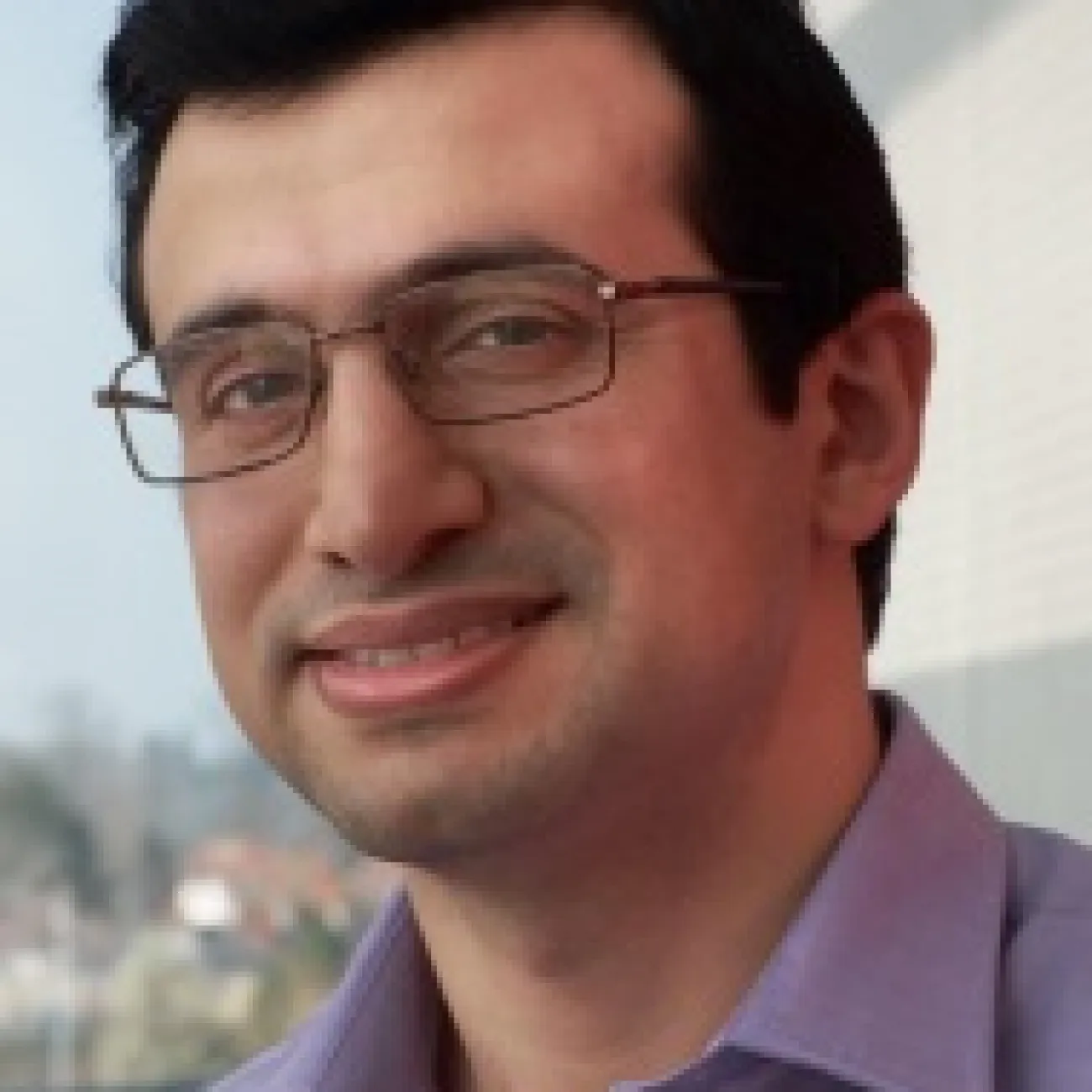Research
Research groups
Research projects
Completed projects
Researchers:
Sponsor: EPSRC
Researchers:
Sponsor: Alan Turing Institute
